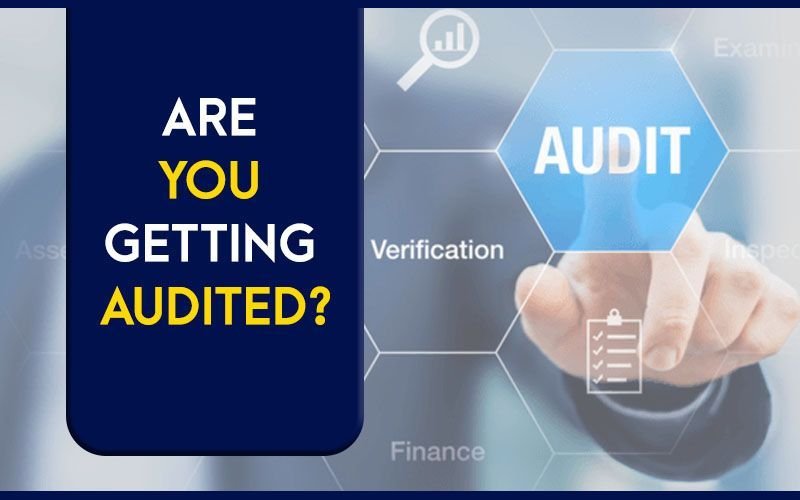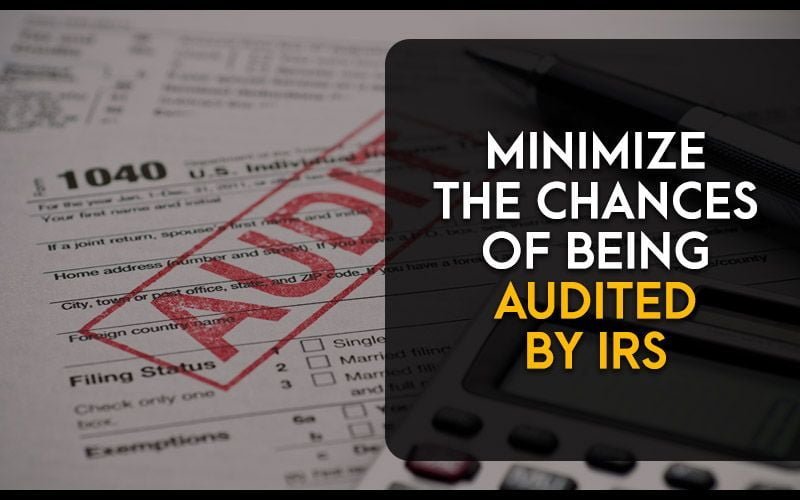What is the Sales Tax Audit?
A sales tax audit is an examination executed by a government tax agency to make sure that the proper amount of sales tax has been sent to the proper authority. This taxing agency will gather and evaluate the company’s financial documents to verify that state laws and regulations are being followed.
Why Are You Getting Audited?
There can be several reasons why a company is getting audited, and these reasons may vary based on the type of company it is. The reason a state tax agency will tell you is that your firm is getting audited is to verify that state sales tax laws are being followed properly, but in all honesty, it’s to increase tax collections and state revenue to help with state budget shortfalls.
Auditors need to make sure that businesses within the state are collecting sales tax from the right people and in the right amount. Once an auditor gathers all the information needed, they evaluate it and may find out that there are out-of-state businesses that can be audited if they have connections to in-state companies.
Lastly, another reason you may be getting audited is that audits give tax agencies knowledge of what types of transactions are currently happening in the marketplace and this gives them a better understanding of these new sales transactions are right for the existing tax framework. If they are not a good fit, there can be changes to the regulations and new tax laws that are a better fit for these transactions.
Part of their responsibility as an auditor is that they suggest improvements for the company being audited in hopes of making sure that the reporting process is better and easier for the next time they are audited.
How to Prepare for the Audit?
The first emotion that comes to mind if you hear the words “your company is being audited,” is fear. Especially if it’s your first audit. Whether it’s your first audit or fifth audit, you must prepare yourself.
You need to find out where and when the audit will be conducted so you are not startled by a surprise visit from auditors and you have enough time to self-review your records and procedures. Making a good first impression is key.
You should note that the day you are being audited you should, be on time, be positive, be courteous and attentive, and during your audit make sure to be able to explain how you charge sales tax in your business, how you report it and have good communication with your auditor.
When analyzing your own records and procedures, have all the paperwork and supporting documents available upfront for the auditor so you waste no time in going through old work trying to find certain files. Rule of thumb: more is not always better.
Only give the auditor the paperwork he/she has asked for. Anything you give to the auditor will be reviewed and if you give them documents they haven’t asked for, it can raise more questions. Compare total sales to your federal income tax return and make sure that the numbers match, and if they don’t make sure you are ready to answer any questions about it.
Lastly, be familiar with your own business, procedures, employees, state regulations, and be confident. If you are unsure of anything and are worried, hire a tax advisor to help you through the audit process.




